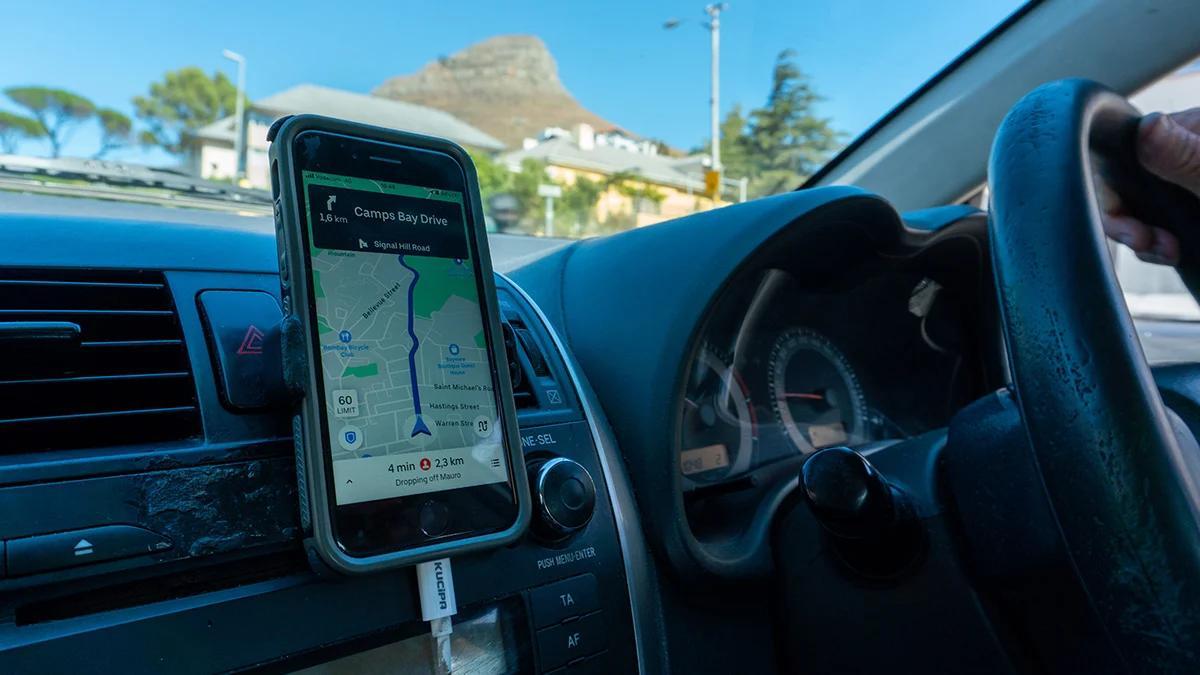Africa-Press – South-Africa. Department of Transport spokesperson, Collen Msibi has confirmed that new laws governing e-hailing services in South Africa will be coming into effect even sooner than expected.
Portfolio Committee on Transport chairperson Donald Selamolela said this week that the committee was expected the laws to be gazetted “within two months”, likely on October.
However, Msibi said the department will gazette the laws for implementation on Friday, 12 September.
The gazette will operationalise the National Land Transport Amendment (NLTA) Act, which was assented to by President Cyril Ramaphosa in 2024.
Under the the new laws e-hailing drivers will no longer need to use charter permits and meter taxi operating licenses and will instead receive an official e-hailing operating license.
Vehicles will also carry or be branded with a sign indicating they are e-hailing vehicles, and their licenses will indicate the geographic areas in which they are approved to operate.
Drivers will be vetted and subject to criminal record checks under the new regulations, and a professional driving permit will also be required.
Along with these regulations, the legislation has new security requirements for e-hailing drivers and their vehicles.
This includes needing a panic button and drivers ensuring their profile photo is up to date for accurate client identification.
Should drivers fail to adhere to these new regulations, they could incur a two-year prison sentence or a financial penalty of up to R100,000.
According to Selamolela, regulators are also empowered to withdraw or suspend licenses as needed when an operator is found to be violating the NLTA.
The fast-tracking of the new laws, which took around a decade to draft and get to the desk of the president, comes amid escalating violence between taxi and e-hailing operators.
The laws are being implemented to better regulate the e-hailing industry, following a substantial increase in violence against e-hailing drivers in Soweto and KwaZulu-Natal.
The government hopes that it will ease tensions between the services and the taxi industry.
For More News And Analysis About South-Africa Follow Africa-Press






